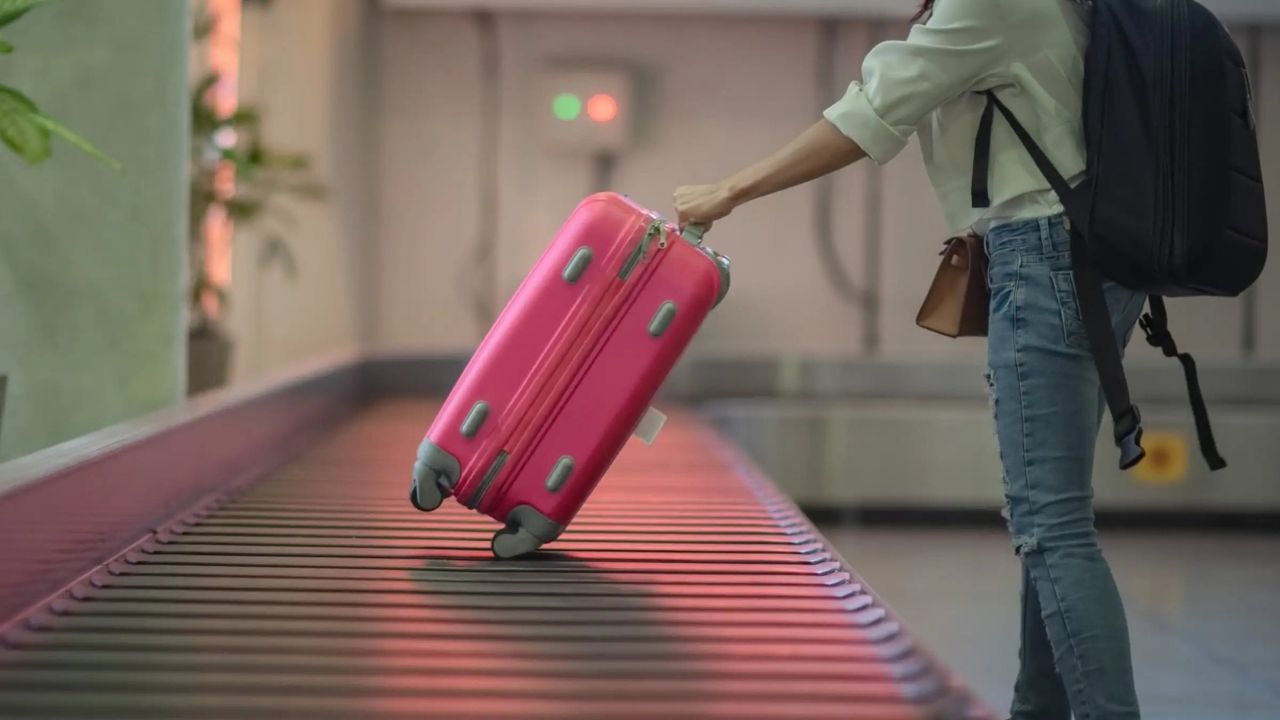Do I Need to Retrieve My Checked Luggage During a Stopover?

Traveling can be a thrilling adventure, but layovers often bring questions about checked luggage. Many wonder if they need to retrieve their bags during a stopover. The answer depends on a few factors, like the airline, the length of the layover, and whether you're flying internationally or domestically. Some airlines automatically transfer your luggage to the next flight, while others might require you to pick it up and recheck it. Knowing the rules can save you time and stress. It's always a good idea to ask the airline staff when you check in or look at your itinerary for any specific instructions. Understanding these details ensures a smoother journey and helps avoid any unexpected surprises during your trip.
Understanding Stopovers and Layovers
Traveling can be a bit confusing, especially when it comes to stopovers and layovers. These terms often get mixed up, but they mean different things. A stopover is a break in your journey that lasts more than 24 hours, while a layover is a shorter pause, usually under 24 hours. Knowing the difference helps you figure out what to do with your checked luggage.
Do You Need to Retrieve Your Luggage?
Whether you need to pick up your bags during a stopover depends on several factors. Let's look at some scenarios to help you understand when you might need to collect your luggage.
Same Airline for Entire Trip
If flying with the same airline for all legs of your journey, your luggage is usually checked through to your final destination. This means you won't need to retrieve it during a stopover. However, always confirm with the airline at check-in.
Different Airlines on One Ticket
When traveling on a single ticket but with different airlines, your luggage is often transferred automatically. Again, it's wise to double-check with the airline staff to avoid surprises.
Separate Tickets for Each Flight
Booking separate tickets for each leg of your journey usually means you'll need to collect your luggage and recheck it for the next flight. This is because each ticket is treated as an individual trip.
International to Domestic Flights
Traveling from an international flight to a domestic one often requires you to retrieve your luggage for customs clearance. After clearing customs, you'll need to recheck your bags for the domestic leg.
Long Stopovers
If your stopover is long enough to leave the airport, you might want to retrieve your luggage. This allows you to access your belongings during the extended break. However, some airports offer luggage storage services if you prefer not to carry your bags around.
Tips for Managing Luggage During Stopovers
Handling luggage during stopovers can be tricky, but a few tips can make it easier.
- Check with Airlines: Always ask the airline about their luggage policies during stopovers. Each airline has different rules, and it's better to be informed.
- Pack Essentials in Carry-On: Keep important items like medications, a change of clothes, and travel documents in your carry-on. This way, you're prepared if you can't access your checked luggage.
- Consider Luggage Storage: If you have a long stopover and don't want to lug your bags around, see if the airport offers storage services. This can make exploring the city more enjoyable.
Understanding these scenarios and tips can help you navigate the complexities of stopovers and layovers, ensuring a smoother travel experience.
Understanding Luggage Retrieval During Stopovers
Knowing whether you need to retrieve checked luggage during a stopover can save time and stress. If your flights are on the same airline or part of a codeshare agreement, your bags usually go straight to the final destination. However, if flying with different airlines, especially those not in an alliance, you might need to collect and recheck your bags. Always check your boarding pass and luggage tags for information. International flights often require you to clear customs at the first entry point, meaning you’ll need to pick up your luggage. Domestic flights typically handle luggage automatically unless you have a long layover. When booking, ask about luggage policies to avoid surprises. Being informed helps ensure a smoother travel experience, letting you focus on enjoying your journey rather than worrying about your bags. Safe travels!

